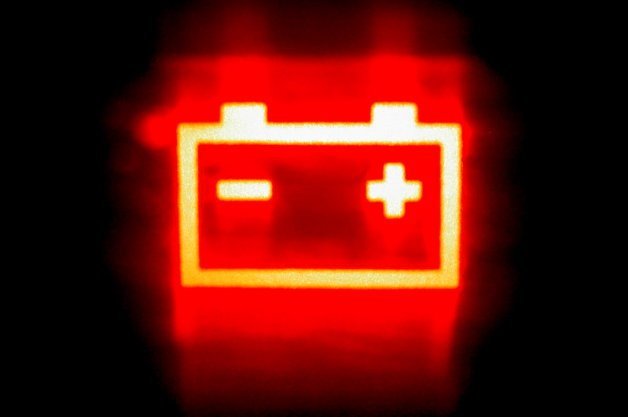Stop-Start Problems Could Lead to Rise of Ultracapacitors

In particular, they're not great when paired with today's lead-acid batteries. These batteries limit the ability of the start-stop function to operate based on factors like charge level and temperature. If the battery is outside the parameters, the stop-start system won't function, curbing any potential fuel economy gains. Obviously, this problem will only become more noticeable as the battery ages.
Ultracapacitors could solve this problem, though, according to a new report from Ward's Auto. Because ultracapacitors can be cycled rapidly and they can store quite a lot of energy – they don't function via chemical reactions, like standard batteries – they could handle the stop-start duties when the battery isn't up to snuff.
There are other applications for the high-powered capacitors too, including regenerative braking functions, where their ability to harness energy can really be taken advantage of. Ward's has a great breakdown of the pros and cons in a fairly extensive feature on the future of this potentially big automotive technology.
Related News


